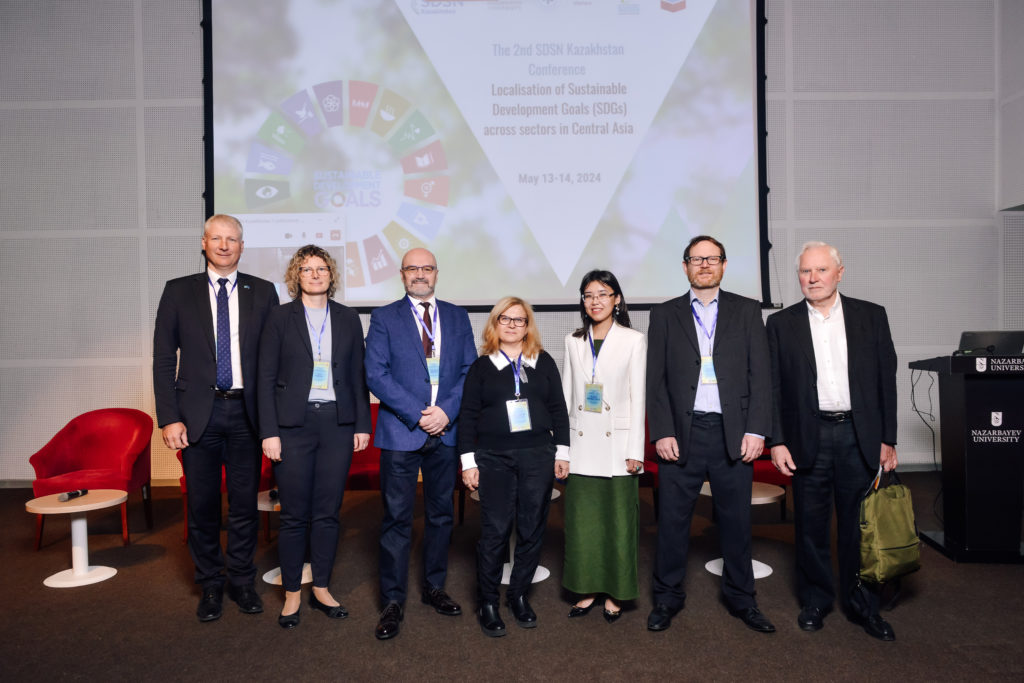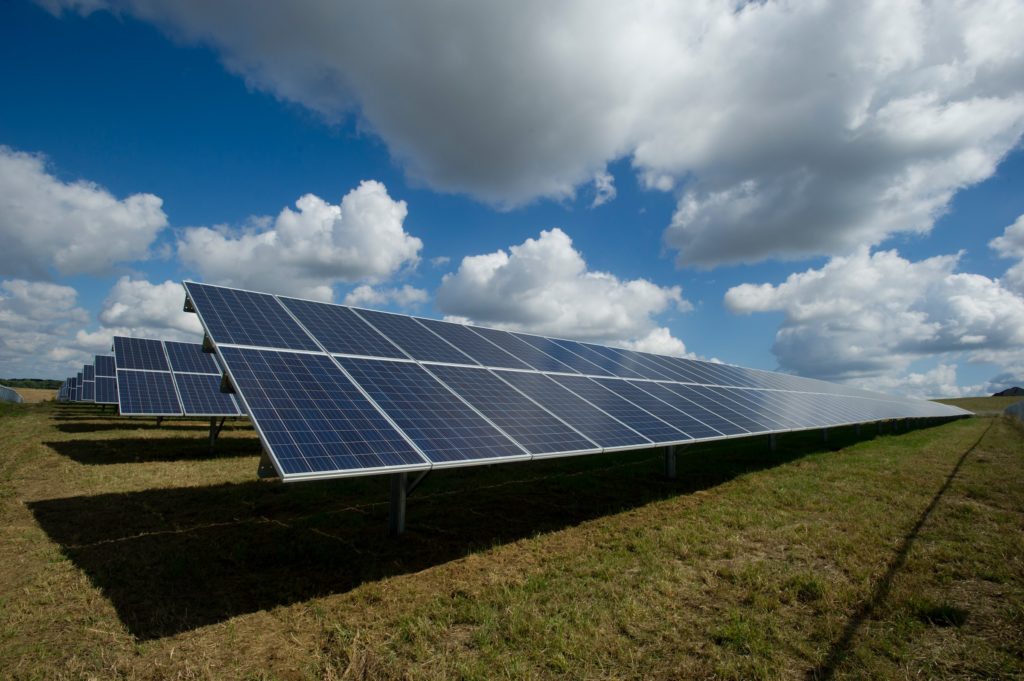Astana, Kazakhstan – The EU-funded Sustainable Energy Connectivity in Central Asia (SECCA) project met with representatives of the Department of Energy Saving and Energy Efficiency under the Ministry of Industry and Construction of the Republic of Kazakhstan and senior management of the JSC “Institute for the Development of Electric Power and Energy Saving” (EEDI).
During the meeting, SECCA experts presented the outcomes of technical assistance aimed at strengthening Kazakhstan’s system for monitoring and improving energy efficiency in public buildings. The team introduced a new business process for EEDI, designed to enhance the collection, analysis, and prioritisation of data from the State Energy Register.
The proposed system applies seven criteria – including specific energy consumption, building age, area, type of institution, tariffs, CO₂ emissions, and efficiency class – with a 100-point scale to identify buildings with the highest efficiency potential. Facilities scoring 86 points or above are recommended for on-site audits. Out of 47 data categories collected from public institutions, SECCA experts identified 12 as key indicators for this prioritisation. A dedicated verification questionnaire was also developed to ensure data accuracy and minimise risks prior to field inspections.
In addition, the project prepared a comprehensive list of recommended equipment – such as power quality meters, thermal cameras, airflow and lighting sensors, etc. – and detailed the methodology and stages of on-site energy audits, from preliminary data screening to interviews, visual inspections, measurements, analysis, and final reporting.
In the next phase of work, SECCA experts will develop templates and forms for field audits, conduct pilot inspections at three schools in Astana, and train EEDI specialists to apply the new methodology. These steps will contribute to building national capacity and improving the overall framework for energy efficiency in Kazakhstan’s public sector.



